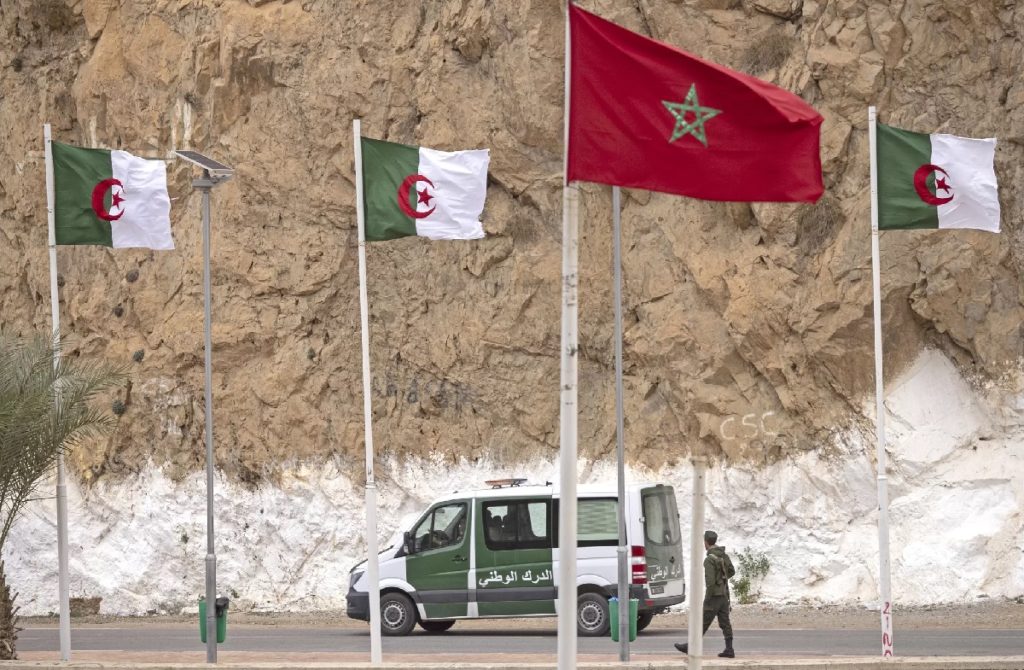Watan-Spain’s Popular Party (PP), the main conservative opposition force, has taken a sharply distinct position from the ruling government on key diplomatic issues involving Morocco, Algeria, and the Western Sahara.
During its general congress held in Madrid over the weekend, the PP renewed its support for its current leader Alberto Núñez Feijóo, with 99% backing, and laid out a calculated political strategy aimed at pressuring Prime Minister Pedro Sánchez into early elections, amid ongoing corruption scandals.
One of the most consequential points addressed was Spain’s position on Western Sahara. The PP stated in its final recommendations that it supports respect for international law and United Nations resolutions, distancing itself from Sánchez’s 2022 endorsement of Morocco’s autonomy plan. A delegation from the Polisario Front was even present at the congress—a move likely to anger Rabat.
This stance signals a possible diplomatic chill toward Morocco, especially given that Feijóo had previously written to King Mohammed VI, pledging that he would not uphold Sánchez’s pro-autonomy policy if elected prime minister.
Reactions to this move in Morocco were mixed. Some analysts, like Morocco-Spain relations expert Mohamed Sarihane, stressed that ties between the two nations are state-level and should not fluctuate with party politics. Others believe Moroccan ruling parties like the National Rally of Independents and Istiqlal Party should open dialogue with the PP. However, the PP’s stance is not entirely surprising, given its past alignment with Algeria’s position during Madrid’s diplomatic crisis with Algiers.


The PP has even submitted a motion in parliament urging Sánchez to withdraw his support for the autonomy plan and stick to backing UN-led efforts only.
If the PP comes to power, it remains uncertain whether it will maintain a lukewarm version of Sánchez’s policy or reverse it altogether, potentially sparking a fresh crisis in Spanish-Moroccan relations.
In broader regional policy, the PP’s political platform refers to Morocco and Algeria as major neighbors requiring a strategic and firm approach, calling for balanced ties with both countries to ensure stability in the Maghreb. Interestingly, the PP was highly critical of the government’s handling of its diplomatic fallout with Algeria.
Another key issue was the sovereignty of Ceuta and Melilla, two Spanish-controlled enclaves on the North African coast. The PP emphasized their “Spanishness” and signaled readiness to resist any Moroccan claims, even though Rabat has recently toned down its rhetoric on the cities.


In conclusion, the Popular Party’s foreign policy platform appears decidedly less friendly toward Morocco than that of the current government, and its return to power could mark a recalibration—or deterioration—of bilateral ties.
